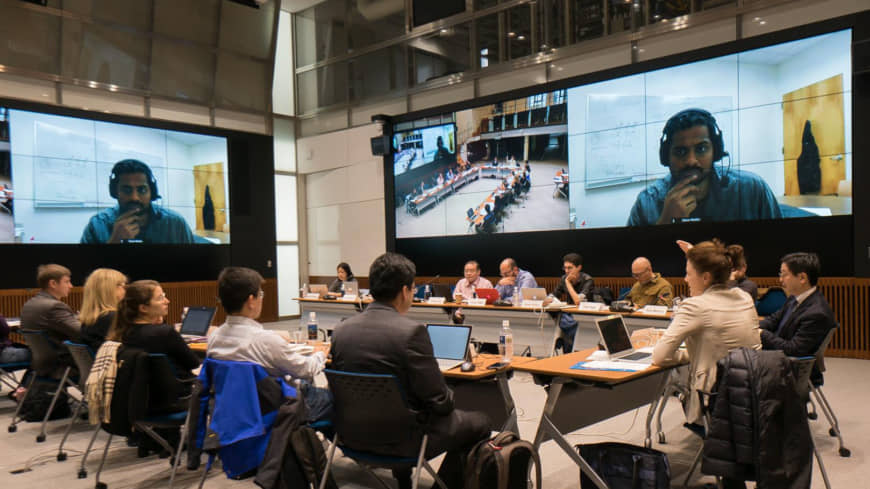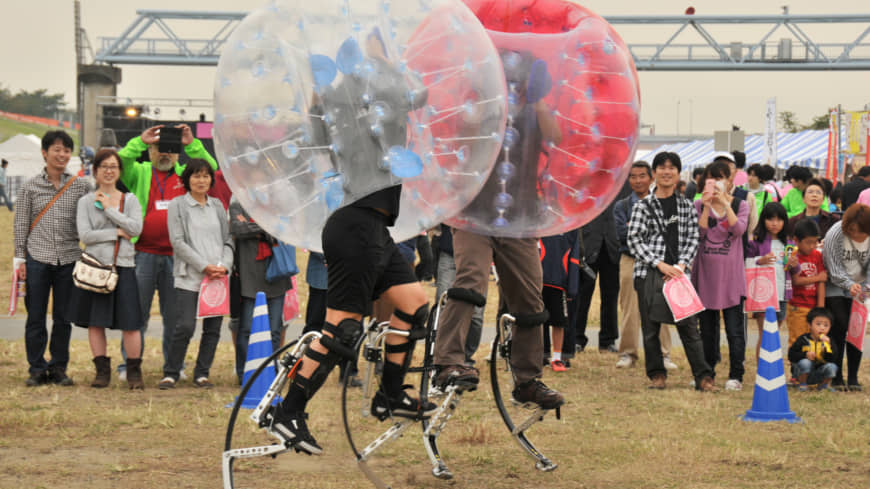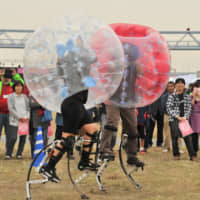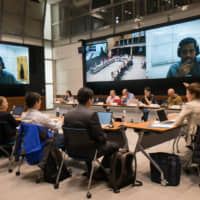Keio University is the host of several flagship research initiatives engaged in developing solutions to some of the biggest challenges facing the international community.
Last year the Association of Pacific Rim Universities (APRU) relocated its Population Aging Research Hub to Keio University. With its Center for Supercentenarian Medical Research and the Research Center for Financial Gerontology, Keio University has abundant data available for researchers from member universities to leverage in order to address the challenges which accompany aging populations.
For instance, the Center for Supercentenarian Medical Research houses data collected from hundreds of centenarians and utilizes cutting-edge research methods, such as multiomics analysis, iPS cell phenotyping and molecular autopsy to develop new treatments and intervention strategies. Meanwhile, the Research Center for Financial Gerontology draws from economics, medical science, psychology, social science, public health, and public policy to devise interdisciplinary solutions to the socioeconomic challenges of aging populations.
Some recent topics at high-level policy discussions include improving research funding mechanisms at national and international levels to spur innovation in the field of healthy longevity; the importance of preventative health care and education in reducing the social and financial cost of aging populations; and the development of effective indicators to assess healthy lifespans.
Working toward transforming the world into a sustainable global society, Keio University is using the U.N.’s Sustainable Development Goals (SDGs) to conduct transdisciplinary research that will address the world’s most complex environmental issues. This research is being conducted at the university’s xSDG Laboratory.
A distinct characteristic of the xSDG Laboratory is its partnerships with private corporations and local governments. In the Times Higher Education (THE) University Impact Rankings 2019, Keio University was ranked 91st in the world. These rankings measure the social and economic impacts of universities, particularly in relation to the SDGs set by the United Nations.
While its overall ranking is 91, Keio University ranked 37th in both Goal 17 — “Partnerships for the Goals” — and Goal 9 — “Industry, Innovation and Infrastructure” — reflecting the university’s strong partnerships with the public and private sectors.
In the field of agriculture, Keio University is engaged in research and development of an AI-powered management system to improve cultivation, production and distribution of agricultural products in Shizuoka Prefecture. In Japan, farmland accounts for around 12 percent of total land area, whereas forests account for 67 percent. The creation of farmland generally necessitates the clearing of forests, which is in direct conflict with conservation efforts and climate change countermeasures. Japan therefore aims to increase agricultural production within small areas of farmland while simultaneously recycling resources and utilizing timber.






